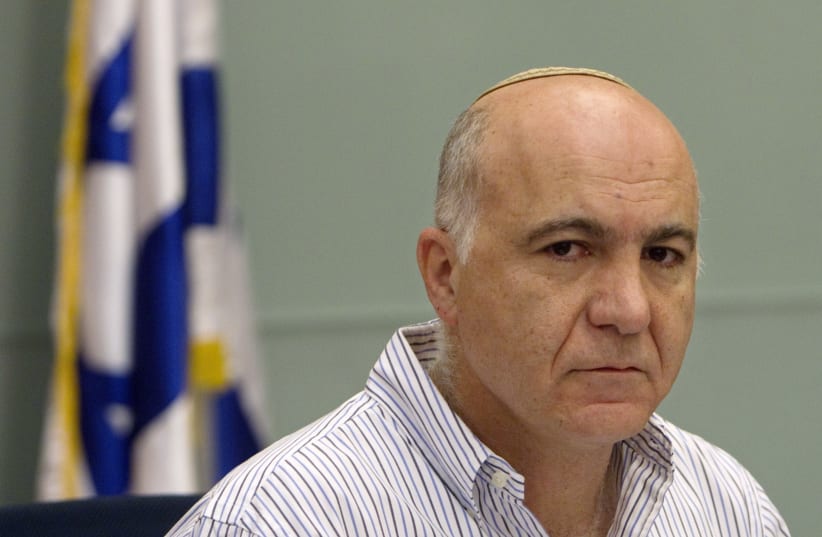Former Shin Bet chief Yoram Cohen said this week that “the greatest threat to the State of Israel today is…that the deepening of the social rift will lead to internal violence.”
“This is a threat,” Cohen said, “of an immeasurably greater magnitude than all other threats - including the security threat.”
The comments came during an interview with Makor Rishon, to be published in full this weekend. In the interview, Cohen said that “over the last year,” Israeli Prime Minister Benjamin Netanyahu “has severely damaged the state and his legacy.”
Netanyahu “is a talented politician,” Cohen said, who has “a record of achievements.” But for all of his achievements, and even if an agreement with Saudi Arabia is reached in the near future, “his Wikipedia page will include a section that he was the Prime Minister who initiated the ‘legal reform,’ which many consider a coup, and he did not use his authority to prevent or to reduce the damage that was done in this period.”
One word: consensus
With respect to the judicial reform legislation itself, the former Shin Bet Chief said he had “one word: consensus.”
“I think there is room for change,” he said, “just as in many organizations change is a good thing.” But, he said, “it is necessary to stop the legal reform in its current form and promote changes carefully, through dialogue and with wide agreement.”
“We must accept the fact that a large part of the people think the government is taking steps that change the face of the government in an extreme and dangerous fashion. Even if this concern is exaggerated, it exists. We must listen to it and take it into account.”
Cohen says Ben-Gvir, Smotrich unfit for office
The former Shin Bet Chief had sharp criticism for Netanyahu’s cabinet as well.
Taking aim at National Security Minister Itamar Ben-Gvir, Cohen said that he was unfit for office as a matter of both values and effective government. “Someone who represents racism should not be a minister,” Cohen said, referring to Ben-Gvir, adding that “he is not ready for the job, and does damage.”
Ben-Gvir, a lawyer, made his name representing Jewish extremists, including Amiram Ben-Uliel, the then-21 year old radical who confessed in 2015 to the murder of a Palestinian family. Members of Ben-Gvir’s Jewish Power party have in recent months campaigned for Ben-Uliel’s release, claiming that he is innocent and that the confession was obtained through torture.
Cohen rejected this campaign, stating that “all the ‘claims’ heard today…were thoroughly examined in the various courts, and in the end, he was unanimously convicted… It is sad and outrageous that rabbis and members of Knesset were deceived and signed this message.”
Referring to both Ben-Gvir and Finance Minister Bezalel Smotrich, Cohen - who wears a knit kippah and has a national-religious education - said it “saddened” him “that the two leaders who currently represent religious Zionism in the Knesset were involved in illegal security activities in the past.”
Both Ben-Gvir and Smotrich have criminal records themselves, the latter having been held for three weeks in 2005, reportedly on suspicion of a plot to blow up cars on the Ayalon highway in response to the government’s impending disengagement from Gaza.
“They also contribute to the increasing negative image of religious Zionism as a whole,” added Cohen.

